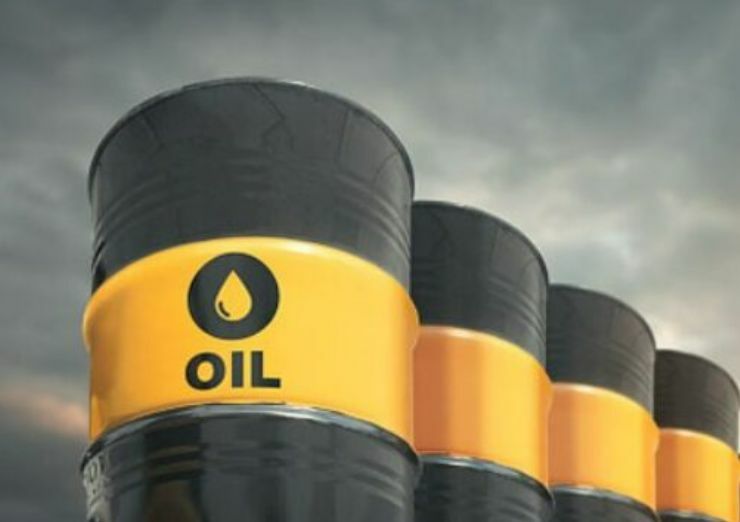Israeli-Hamas conflict sparks fears of disruptions in global oil prices

Price fluctuations in global crude oil have surged by 4% following the Israeli-Hamas conflict. This escalation in oil prices has sparked fears, especially among oil companies, as Montri Rawanchaikul, the Chief Executive of PTT Exploration and Production Plc (PTTEP), voiced worries that the conflict may lead to disruptions in petroleum production in the Middle East.
Auttapol Rerkpiboon, CEO of PTT Plc, also expressed similar concerns. He pointed out that global crude prices spiked before experiencing a small dip, however, they remained higher than the pre-conflict level. Auttapol attributed this trend to the psychological impact of the war.
Thai Oil Plc, the oil refinery division of PTT, projected last week that West Texas Intermediate crude oil prices would average between US$80 to US$87 per barrel.
This prediction comes after global oil prices soared past US$100 per barrel in the second quarter of last year due to anxieties over supply disruptions caused by the Russia-Ukraine conflict.
The conflict also resulted in a surge in electricity bills last year, as the increase in LNG prices in the spot market significantly impacted the domestic energy sector.
As the availability of cheaper domestic gas diminished, Thailand had to import more LNG.
Oil prices
Montri expressed concerns over the potential impact on LNG prices if the Israeli-Palestinian conflict is not resolved through negotiations.
“Though we are an energy firm, we don’t want to see energy prices rise considerably, which will affect people and businesses.”
Federation of Thai Industries Chairman, Kriengkrai Thiennukul, urged manufacturers to manage their energy expenses prudently as higher oil prices can inflate the costs of goods manufacturing. Nutta Mahattana, Assistant Managing Director for Investment Strategies at Krungthai Asset Management, also predicted the conflict might push oil prices to US$150 per barrel.
Asia Plus Securities (ASPS) highlighted the need to keep a close watch on the conflict, as it could potentially spread across regions. It noted that the war had not affected their allies yet, but the intense situation was causing a rise in oil prices and safe asset prices reported Bangkok Post.
ASPS also noted that the conflict might not escalate violently like the Russia-Ukraine war. However, the crude oil prices could fluctuate if the war does escalate, as the US, Canada, and the Middle East are among the world’s top ten crude oil producers.
Follow more of The Thaiger’s latest stories on our new Facebook page HERE.
Latest Thailand News
Follow The Thaiger on Google News:


























